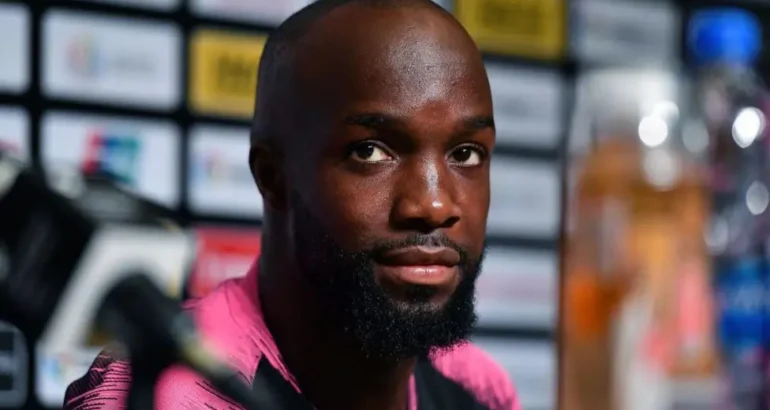Former France international Lassana Diarra has reignited legal proceedings against FIFA and the Royal Belgian Football Association (RBFA), seeking £56 million in compensation over a long-standing contract dispute that has spanned more than a decade.
The 40-year-old ex-midfielder, who won league titles with Real Madrid and Paris Saint-Germain and also played in the Premier League for Chelsea, Arsenal, and Portsmouth, filed the claim after FIFA blocked a potential move to Belgian club Charleroi in 2015.
Diarra’s legal battle stems from the termination of his contract with Lokomotiv Moscow in 2014. Following the fallout, FIFA ordered him to pay the Russian club £8.4 million for allegedly breaching the contract. However, Diarra and his legal team have consistently challenged the legality of FIFA’s transfer rules in European courts.
In October 2024, the Court of Justice of the European Union (CJEU) ruled that FIFA’s regulations concerning international transfers violated EU law, particularly by impeding the free movement of professional footballers. The CJEU cited FIFA’s refusal to issue Diarra an international transfer certificate (ITC) as a key infringement of his rights.
“I hoped FIFA and the RBFA would have the decency to reach out for an amicable settlement,” Diarra said in a joint statement released with players’ unions. “Since that hasn’t happened, I am left with no choice but to restart legal proceedings.”
Diarra, who is backed by global footballers’ unions FifPro, FifPro Europe, and France’s UNFP, emphasized that this case is not just about his personal battle.
“I’ve been fighting this since 2014. That’s more than 11 years of my life,” he said. “This isn’t just for me — it’s for all the lesser-known players who lack the means to take on FIFA in court.”
In response to the CJEU ruling, FIFA introduced temporary amendments to its transfer regulations, including changes to how compensation is calculated and who bears the burden of proof in contract disputes. However, Diarra and his legal team argue that these revisions still fall short of fully complying with EU law.
FIFA declined to comment on the ongoing legal matter but stated: “Since the ECJ issued its ruling in the Diarra case, FIFA has been working with stakeholders to amend its regulations accordingly.”
The Justice for Players (JFP) foundation in the Netherlands has also launched a class-action lawsuit against FIFA and several national football associations — including France, Germany, Belgium, and the Netherlands — citing similar concerns about restrictive transfer rules.
“We stand firmly alongside Mr. Diarra,” JFP said. “FIFA’s temporary rule changes still don’t fully comply with EU law. We urge all affected players to join the class action.”
The Royal Belgian Football Association has yet to respond to the renewed legal claims.


